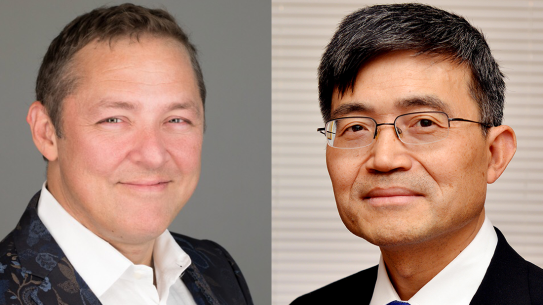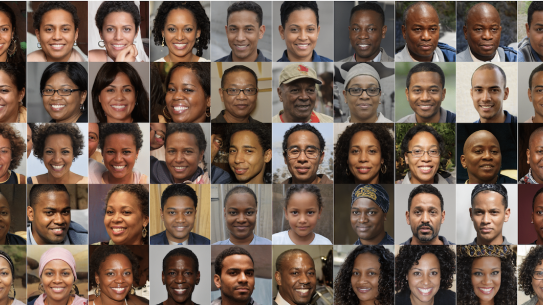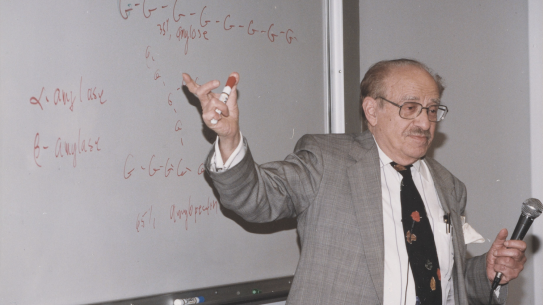CUSP alumni Sarah June Sachs and Brandon Pachuca put their heads together to help encourage citizen engagement
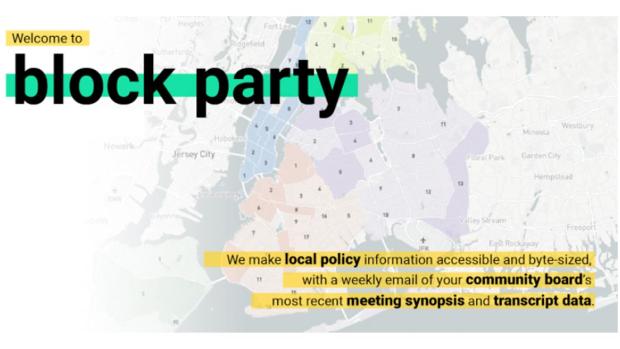
Two graduates from NYU Tandon’s Center for Urban Science and Progress created Block Party, an application that gathers transcripts from recorded community board meetings and makes them more easily accessible.
New York’s “Open Meeting Law” states that the public has the right to attend meetings of bodies such as city councils, town boards, village boards of trustees, school boards, and commissions; listen to debate; and watch the decision-making process. It’s a boon to engaged citizens who want to stay informed and make their voices heard, but what about those with work or family obligations that keep them from attending?
During the COVID-19 pandemic, some community boards began meeting virtually and making recordings of the proceedings available to watch online, but even that development–born of necessity–does not provide an ideal solution, since the videos are generally long and dense with information. Sarah June Sachs, 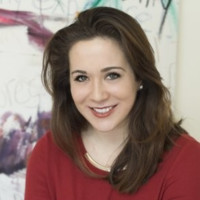 a 2019 graduate of NYU Tandon’s Center for Urban Science and Progress (CUSP) had what she admits was a somewhat idealistic idea: what if there were a way to summarize the proceedings of the online meetings and keep people informed of the highlights? Given that there are 59 community boards throughout New York City, it would be an impossibility for any one person to view every meeting. Even combing through the individual transcripts to summarize them would be a tall order. But what if artificial intelligence and natural language processing could be harnessed to do the job?
a 2019 graduate of NYU Tandon’s Center for Urban Science and Progress (CUSP) had what she admits was a somewhat idealistic idea: what if there were a way to summarize the proceedings of the online meetings and keep people informed of the highlights? Given that there are 59 community boards throughout New York City, it would be an impossibility for any one person to view every meeting. Even combing through the individual transcripts to summarize them would be a tall order. But what if artificial intelligence and natural language processing could be harnessed to do the job?
Although she holds a full-time job with Urbint, a company that uses data science to quantify risk and prevent hazards like wildfires and industrial accidents, and teaches courses at her alma mater SUNY New Paltz (giving her MBA Statistics Analysis & Decision Theory students a jumpstart on the skills she learned during her program at CUSP), Sachs remained determined to find a way to leverage those technologies to help New York City residents get more involved in their communities. “I wanted to help fill a gap for the average person.” she explains, “I aimed to spark their interest and make it easier for them to get the information relevant to them.”
To that end, she founded Block Party, an application that gathers transcripts from recorded community board meetings and makes the conversation more easily accessible. She enlisted the help of Brandon Pachuca, 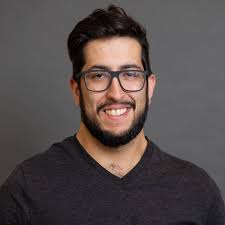 a 2021 graduate she had met just as he was embarking on his studies and she was completing hers. Pachuca, now an urban data analyst and web developer at the global architectural firm KPF, created Block Party’s front and back-end web application and helps disseminate a free weekly email containing a synopsis and transcript data to those who sign up according to the community board that corresponds to their address. Although still in its early stages Block Party has almost 300 subscribers, and they envision that number only growing. (The next step, they hope, will be developing a system of email alerts so that a subscriber interested in a specific topic — sanitation, for example — would be notified as soon as the matter was discussed in a local meeting.)
a 2021 graduate she had met just as he was embarking on his studies and she was completing hers. Pachuca, now an urban data analyst and web developer at the global architectural firm KPF, created Block Party’s front and back-end web application and helps disseminate a free weekly email containing a synopsis and transcript data to those who sign up according to the community board that corresponds to their address. Although still in its early stages Block Party has almost 300 subscribers, and they envision that number only growing. (The next step, they hope, will be developing a system of email alerts so that a subscriber interested in a specific topic — sanitation, for example — would be notified as soon as the matter was discussed in a local meeting.)
The two were invited to present their work in March during NYC Open Data Week, an annual event that was especially auspicious this year since it marked the 10th anniversary of the passage of New York City’s Open Data Law, which was signed on March 7, 2012. “We don’t believe that democracy should be a spectator sport,” they say, “so we’re committed to making local policy information easily accessible to all.”
Pachuca, who holds a degree in architecture and urban planning from the University of New Mexico in addition to his master’s in urban data science and informatics from CUSP, believes, like Sachs, that open data is vital not only for the public interest but for improving analytics for a variety of purposes. Early in his career, he worked as a full-stack developer at a startup devoted to creating scalable data science solutions that delivered practical, actionable insights to healthcare providers, government agencies, commercial labs, and other organizations. “I learned there that combining a knowledge of spatial analytics with expertise in data science could inform policy decisions in important ways,” he explains. “And as a full-stack developer, I had the skills to visualize the data in beautiful and intuitive ways — a must if you’re going to compete for attention.”
He and Sachs both credit CUSP with adding the data-science skill set they needed to pursue their current careers and to further their mutual mission of providing New Yorkers with actionable insights into making their neighborhoods better.
“We are currently in the midst of an enticing conversation,” Pachuca has written. “One in which creativity and technology entwine in order to expand our vision of how we conceive the cities and communities of the future.”



